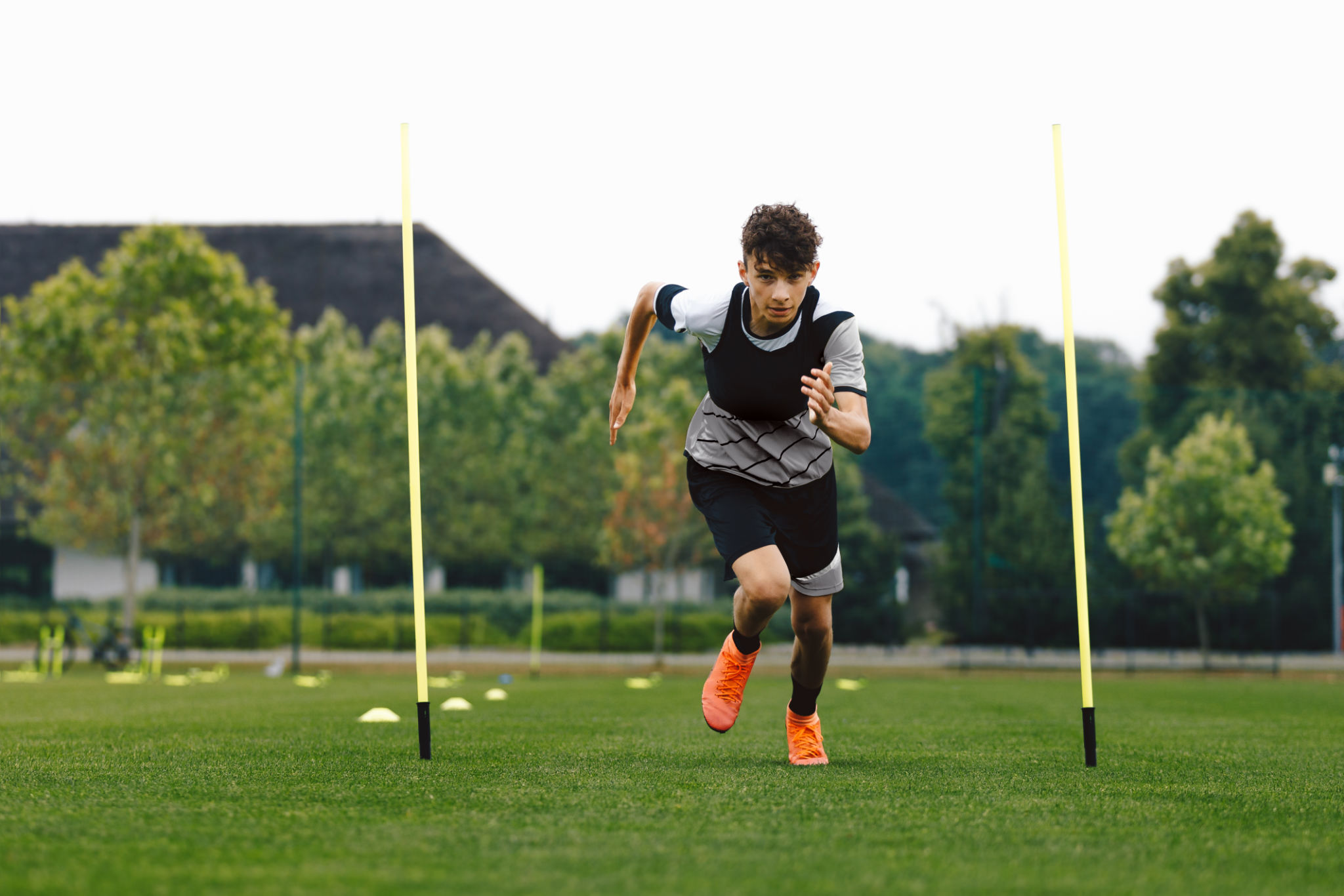Building a Sustainable Athletic Career for Young Athletes
Nurturing Talent: The Foundation of a Sustainable Career
Building a sustainable athletic career begins with nurturing young talent from an early age. It is crucial to focus on developing fundamental skills and fostering a love for the sport. Encouraging a balanced approach to training, education, and personal growth can set the foundation for long-term success. Parents, coaches, and mentors play a vital role in guiding young athletes towards achieving their goals while maintaining their well-being.

Ensuring that young athletes have access to quality coaching and training facilities is equally important. Exposure to diverse sports experiences can enhance their skill set and make them more adaptable. Developing a solid understanding of the sport's basics, alongside honing specific skills, creates a comprehensive athletic foundation.
Balancing Education and Athletics
A sustainable athletic career is not solely dependent on physical prowess. Academic achievement is equally crucial for young athletes. Balancing school responsibilities with training schedules can be challenging but is necessary for holistic development. Encouraging time management and organizational skills helps athletes excel both academically and athletically.

Schools and sports organizations should work together to create supportive environments that allow athletes to thrive in both areas. Offering flexible scheduling and academic support programs ensures that education remains a priority. This balanced approach prepares young athletes for future opportunities beyond their sporting careers.
Prioritizing Health and Well-being
The physical demands of sports can take a toll on young athletes' bodies, making health and well-being a top priority. Implementing proper nutrition, adequate rest, and injury prevention strategies are essential components of a sustainable athletic career. Educating athletes about their bodies and how to care for them can prevent burnout and long-term injuries.

Equally important is the mental health of young athletes. The pressure to perform can be overwhelming, leading to stress and anxiety. Providing access to mental health resources and creating a supportive environment where athletes feel comfortable discussing their challenges is vital. Building resilience and coping strategies ensures they remain motivated and passionate about their sport.
Creating Long-term Goals and Flexibility
A successful athletic career involves setting realistic long-term goals. Young athletes should be encouraged to envision their future in sports while remaining open to various possibilities. Flexibility in their approach allows them to adapt to changes and seize new opportunities as they arise.
Goal setting should be a collaborative process involving athletes, coaches, and families. Regularly reviewing and adjusting these goals keeps young athletes focused and motivated. Emphasizing personal growth over winning fosters a healthy competitive spirit and ensures continued enjoyment of the sport.
Conclusion: The Path to Success
Building a sustainable athletic career for young athletes requires a holistic approach that balances skill development, education, health, and personal growth. By fostering an environment that supports these elements, we can help young athletes achieve success both on and off the field.
With the right guidance and resources, the next generation of athletes can enjoy long, fulfilling careers that extend beyond their time in competitive sports. Their journey is not just about reaching the pinnacle of success but also about enjoying the process and learning along the way.